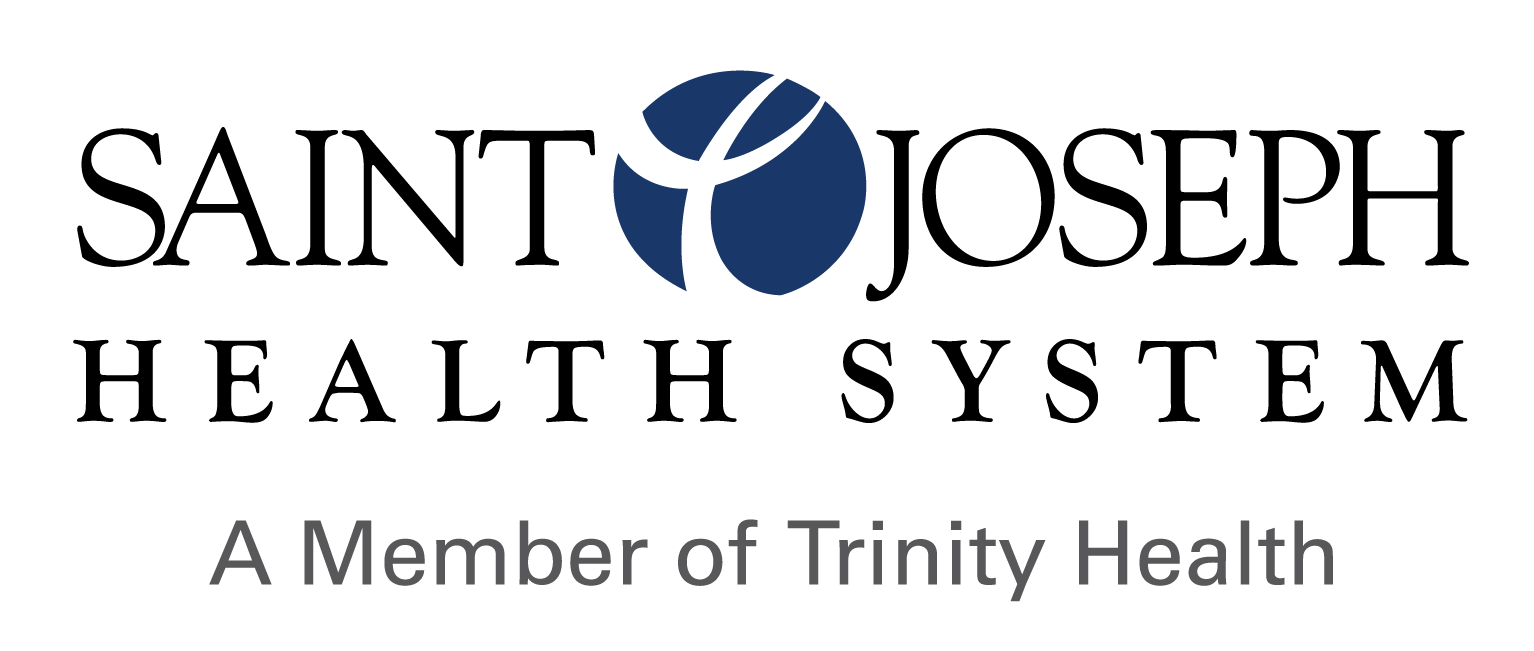Breast Density
What is breast density?
Breasts are made up of a mixture of fibrous tissue, glandular tissue and fatty tissue. Your breasts are considered dense if you have a lot of fibrous or glandular tissue but not much fatty tissue. Dense breast tissue may decrease with age, but there is little, if any, change in most women. Breast density is very common, and is not abnormal.
Density of the breast is seen only on mammograms. Some women think that because their breasts are firm, they are dense. But breast density is not based on how your breasts feel and is not related to breast size or firmness.
High-density breasts are common. Between 40-50 percent of women aged 40-74 in the U.S. have dense breast tissue.
How do I know if I have dense breasts?
The radiologist who reads your mammogram will be able to determine your breast density. There are four categories of mammogram breast density. The radiologist assigns each mammogram to one of the categories. Your doctor should be able to tell you whether you have dense breast tissue based on where you fall on the density scale.
If I have dense breasts, do I still need a mammogram?
Yes. A mammogram is the only medical imaging screening test proven to reduce breast cancer deaths. Many cancers are seen on mammograms even if you have dense breast tissue.
Are there any tests that are better than a mammogram for dense breasts?
In breasts that are dense, cancer can be harder to see on a mammogram alone. Studies have shown that breast tomosynthesis (3-D mammography), ultrasound, molecular breast imaging (MBI) and magnetic resonance imaging (MRI) can help find breast cancers that can’t be seen on a mammogram. However, these tests can sometimes show more findings that are not cancer, which can result in added testing and unnecessary biopsies. Talk to your primary care provider and your health insurance provider about whether you should have additional tests and if those tests are covered.
What should I do if I have dense breasts? What if I don’t?
If you have dense breast tissue, please talk to your primary care provider. Together, you can decide which, if any, additional imaging exams are right for you. If your breast tissue is not dense, other factors may still place you at increased risk for breast cancer. These include a family history of the disease, previous chest radiation treatment for cancer and previous breast biopsies that show you are high-risk. Talk to your provider and discuss your medical history.
For more information on breast cancer screening, visit the following websites:
Your health is our top priority. To schedule a mammogram at the Paqui and Brian Kelly CBC, call 574.797.9185 or schedule online.
